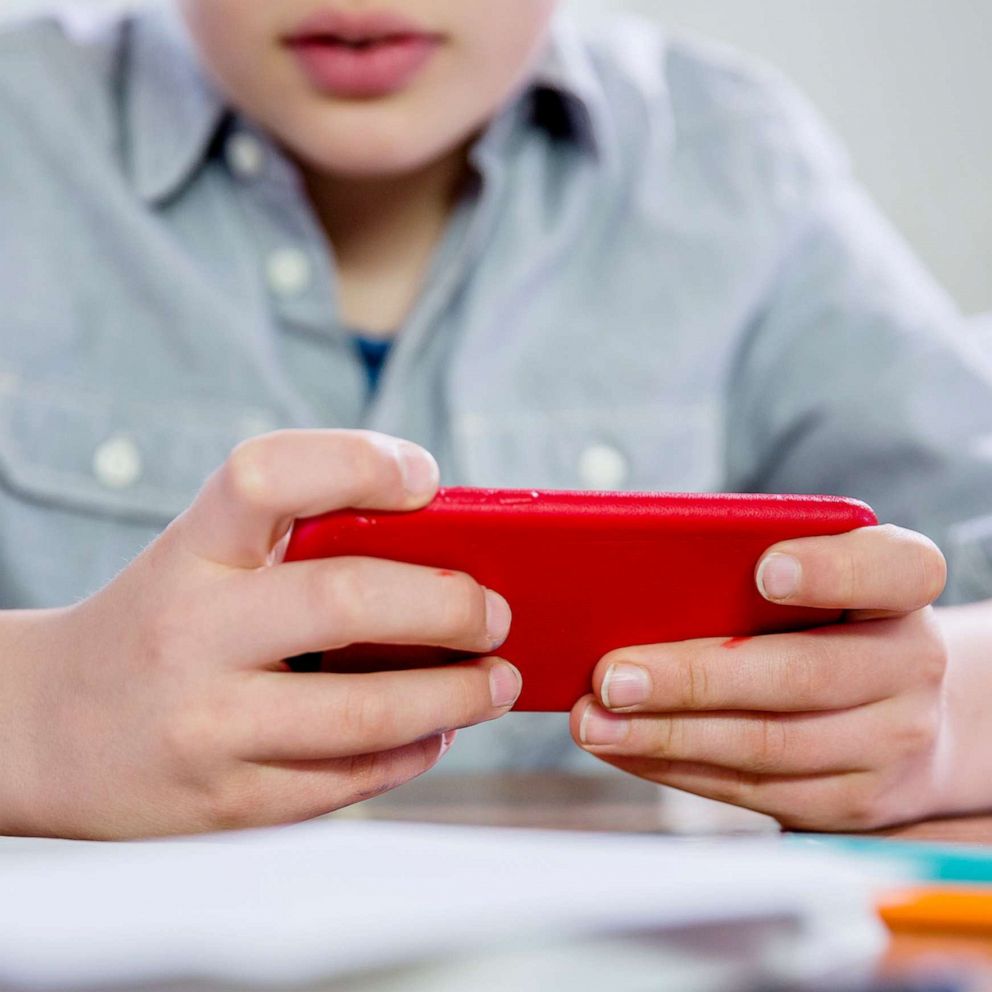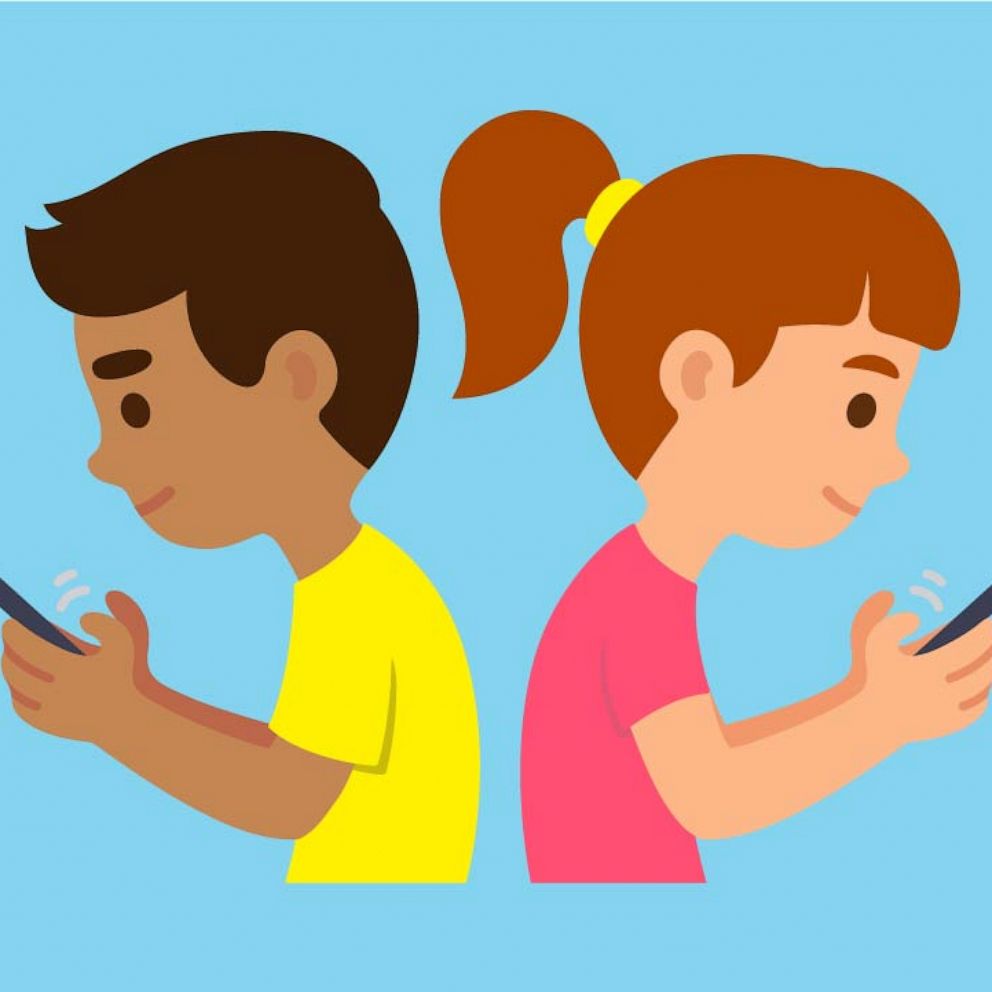Increased screen time linked to aggression, anxiety, low self-esteem in kids, study finds
A major international study looking at nearly 300,000 children has revealed a two-way link between the amount of time kids spend on screens and their emotional and social well-being.
Children who spent more time using devices like TVs, tablets, computers, and gaming consoles were at a higher risk of developing problems like aggression, anxiety, and low self-esteem later in life, the study found.
The connection also works in reverse: Children who were already struggling with social or emotional challenges tended to spend more time on all types of screens.
Time spent on gaming consoles was particularly linked to a greater chance of developing issues, according to the study, published Monday in the academic journal Psychological Bulletin.
"Rather than breaking it down by the exact game people were playing, it's safe to make some assumptions," Dr. Michael Noetel, one of the study's authors and associate professor of psychology at The University of Queensland, Australia, told ABC News. "The most games that were included were console games, computer games and mobile games."
When asked if violent games, such games that involved shooting, led to more behavioral issues, Noetel said that was not necessarily the case.
"Some studies broke the games down by whether they were violent, but our interpretation was that most parents knew to limit the amount of violent content to give kids under 10," he said. "Instead, [the] key finding was that gaming in general -- regardless of the specific type -- showed much stronger links to emotional problems than other screen activities like watching TV or using educational apps."

The study is one of the largest of its kind, analyzing 117 long-term studies conducted between 1972 and 2024. By focusing on children aged 10 and under and tracking them over time, the researchers could more clearly determine cause and effect.
The American Academy of Pediatrics recommends children between the ages of 2 and 5 to limit recreational screen time to one hour per day on weekdays and three hours on weekends. Children who exceed recommended screen time guidelines were more prone to socioemotional issues compared to those who stayed within the recommended limits, according to the study.
"More than 40% of kids [ages] 8 to 12 are using screens for more than four hours per day," Dr. Tara Narula, ABC News chief medical correspondent, said about the study's findings Tuesday on "Good Morning America." "You add to that the fact that we are seeing rising rates of mental health disorders in kids, and half of these disorders start before the age of 14 -- you can understand why we need to understand the effects of screens on our kids."
So, what's the key takeaway for parents?
The goal isn't to eliminate screens entirely, the study authors said.
When children engage in moderate amounts of screen time, especially for educational purposes, there is a lower risk for social or emotional problems in the future.
Children should learn not to use a screen as their sole outlet to manage their emotions and should be encouraged to interact with friends and family to develop resilience and emotional skills. The most important thing is to ensure that screen time doesn't interfere with essentials like a full night's sleep and regular physical activity, the study added.
"We've all been guilty of it, but it's OK to say no and to set limits and boundaries, and do it in a noncontrolling way as a parent, if you can," said Narula, who was not involved with the study.
Dr. Brendan Huang serves as the chief resident physician in adult neurology at Northwell Health and is also a member of the ABC News Medical Unit.







